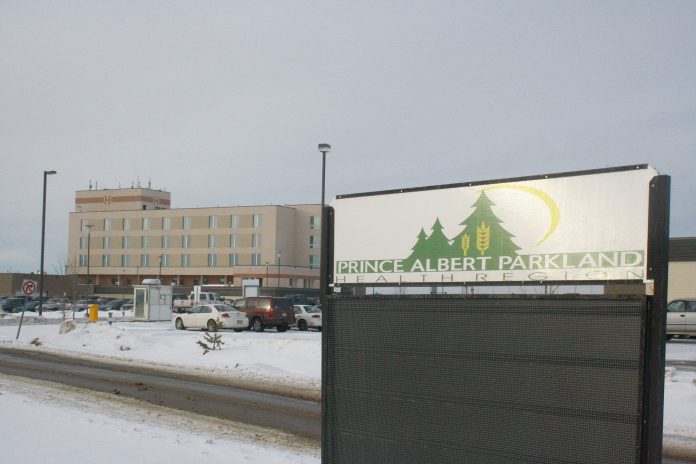The next leaders of the province’s health system have been revealed, and a Prince Albert resident is among the chosen few.
The Ministry of Health released the names of the 10 people chosen to be on the board of the new, single province-wide health authority set to take over this fall.
The board will be made up of ten people, split between five with health authority board experience, and five fresh faces. As per Health Minister Jim Reiter’s vision, the board members come from a variety of occupations and backgrounds, with a doctor on the board, as well as aboriginal representation in the form of Metis and a First Nations member.
“We have people with varied backgrounds – accounting, law, business, medicine, education and lots of experience in governance,” Reiter told reporters Wednesday.
“(We’re) very happy with the composition of this new board.”
The board will be chaired by Dick Carter, a retired accountant and the current chair of the Regina Qu’Appelle Regional Health Authority. Carter is also a former CEO of Crown Investments Corporation of Saskatchewan. He will be joined by Vice-chair Grant Kook of Saskatoon, the founder, president, CEO and chair of a venture capital and private equity fund who is also the Chair of Sasktel.
Two other current health authority chairs were also appointed to the new board, Marilyn Charlton of the Sun Country Regional Health Authority in Weyburn and Brenda Abrametz of the Prince Albert Parkland Health Region.
Abrametz was also one of the authors of the report on health care system reform.
The Herald requested to speak to Abrametz and was informed that only new board chair Dick Carter would be made available to media.
Carter is pleased with the makeup of the new board.
“I’m very happy with them. I spoke to them all this weekend, and they’re all eager,” he said. “Looking at their backgrounds, they’re all very capable. It’s a good mix.”
While no timeline has been set for the new board to take over and the 12 existing health regions to fold, Reiter said he expects all 12 to cease operations simultaneously sometime in October or November.
He responded to criticism that the province is moving too fast and could be doomed to repeat mistakes made in other jurisdictions, such as Alberta.
“What led to a lot of the problems was the program was rushed. They tried to do too much too soon,” he said.
“We’re trying to take an appropriate amount of time. This is a huge step in that direction, to have an outstanding board with lots of governance experience.”
Reiter said the transition process is right on schedule.
He also responded to criticism that all 10 board members are Saskatchewan Party donors and/or supporters.
“We think there’s lots of people in the province who support the Saskatchewan Party,” he said. “But I would just point to the backgrounds of the people we appointed. Each one of them stands on their own merit.”
The first step for the new board will be to provide a recommendation as to who should be the new health authority CEO.
“The CEO needs to have experience,” Carter said. “I think it’s very important the CEO also has a track record of good HR relations with a team. He’s got to be enthused about his new role, and make sure that patient first is his priority.”
Once the new CEO has been selected, the new board will work with the transition team to ensure the switch from 12 health regions to one goes smoothly.
‘We need to, as a board, work with the transition team, just to see where they’re at in terms of being able to proceed this fall,” Carter aid. “With an emphasis on that this needs to be patient-focused.”
The news release issued Wednesday said the board would “act in an advisory capacity to guide the transition and prepare for operations,” prior to legally beginning governance in the fall. When questioned as to how the board would be advising the transition team, Carter said the board “won’t be.
“We’re seeing where they’re at,” he said. We’re interested in how the systems and structures are coming together.”
He also said that while the board will be interested in the operations of the new authority, they “will not get (their) fingers into the operations.
“We will do the overview and monitoring, and be a governance board,” he said.


